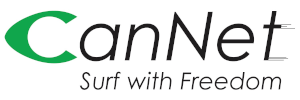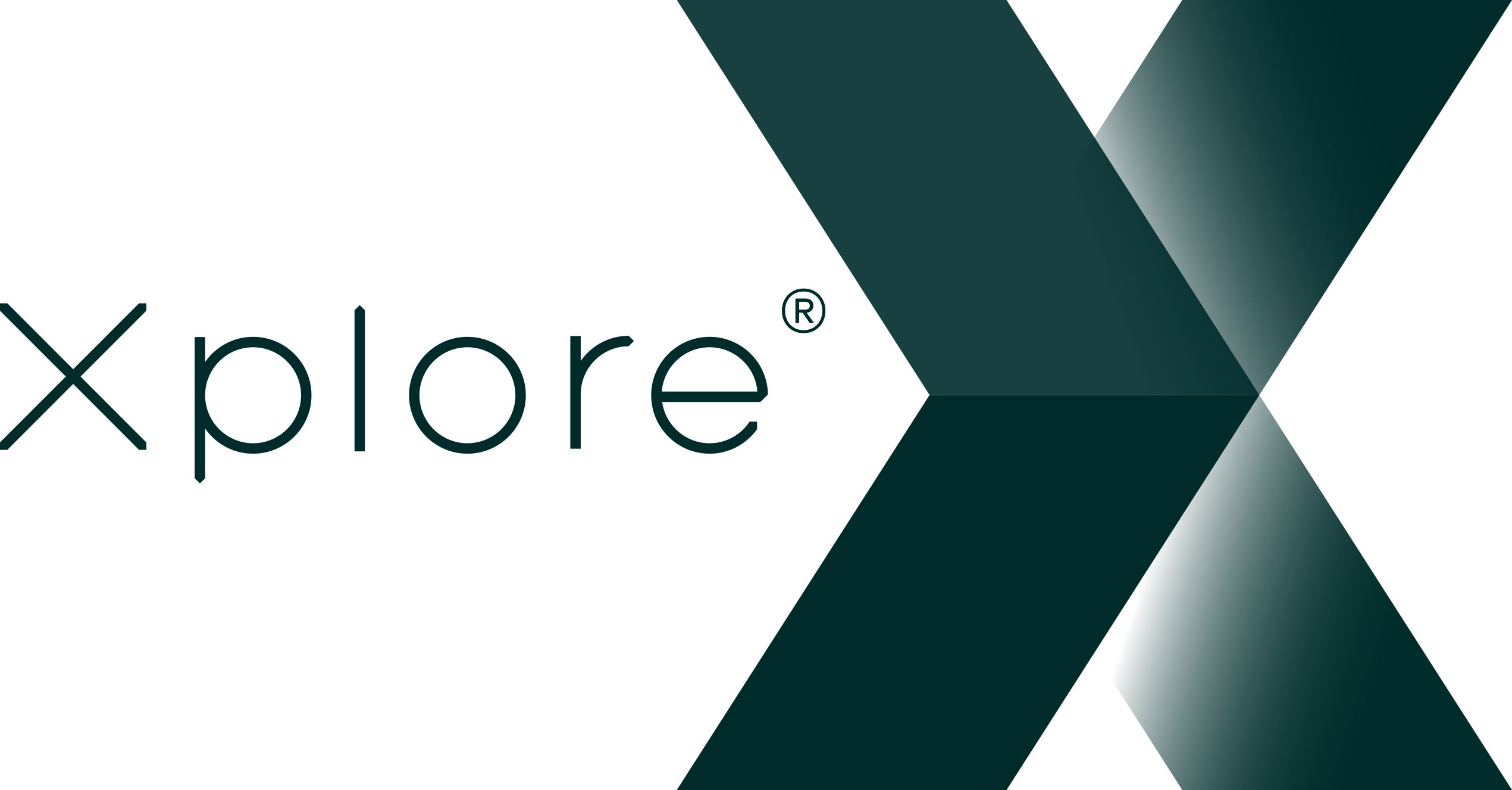Home » Alberta
Alberta
Best Internet Providers in Alberta
Find the Best Internet Service in your area.
Explore and compare the best residential internet plans in Alberta on our dedicated page. Categories include Best Plans, Budget Plans, High-Speed Plans, Promotional Plans, Fiber Optic Plans, and Top-Rated Providers. Alberta boasts 1 providers, with location offering speeds up to Mbps. Choose from Fiber, Cable, DSL, and Satellite options.
- Jan 01, 1970
Alberta, Canada Internet Providers Summary | ||
|---|---|---|
Best Internet Plan in Alberta, Canada | Mbps - | |
Fastest internet Plan available in Alberta, Canada | RALLY 8000 Mbps - fibre | $159.95 View Offer |
Cheapest internet Plan available in Alberta, Canada | TekSavvy 5 Mbps - cable | $18.95 View Offer |
Highest upload internet Plan available in Alberta, Canada | RALLY 8000 Mbps - fibre | $159.95 View Offer |
Unlimited
Monthly Usage
75 Mbps
Download
7.5 Mbps
Upload
Unlimited
Monthly Usage
940 Mbps
Download
940 Mbps
Upload
350 GB
Monthly Usage
25 Mbps
Download
1 Mbps
Upload
Welcome to 's Digital Hub
Discover the best internet providers in with Stackup.ca. As technology weaves into our lives, having reliable internet is a must. Join us in navigating the digital world of , where innovation meets connectivity.
Tailored Solutions for Residents
At Stackup.ca, we get . Our internet providers are handpicked for every lifestyle – whether you're a tech lover, working remotely, or a family in need of dependable connectivity. Explore Best Plans, Budget Plans, and High-Speed Plans designed just for you.
Your Digital Journey Begins Here
Stackup.ca isn't just a platform; it's your digital sidekick, dedicated to enhancing your online experience in . From seamless streaming to efficient remote work, explore the best internet providers in with Stackup.ca. Your journey to better connectivity starts here – because staying connected in should be as easy as the city itself.
| Company | Speed Range | Usage | Learn More |
|---|
Current Internet Deals in ,Alberta
Snag fantastic internet deals in with Stackup.ca. We've got exclusive offers crafted for real people. From high-speed plans to pocket-friendly options, find a deal that suits your lifestyle. No more complicated choices – keep it simple with Stackup.ca and elevate your online experience. Explore now and stay connected effortlessly!
| 15 Results | Updated: 2024-04-10 |
| Speed | Usage | Cost | Highlights | ||
|---|---|---|---|---|---|
CanNet Cable 75 | 75/8 (Cable) | Unlimited | $39.98 |
| Visit Website |
Xplore - Fibre 1000 - AB,MB | 1000/1000 (Fibre) | Unlimited | $59.99 |
| 1-866-332-9542 Visit Website |
Telus PureFibre Gigabit Internet | 940/940 (Fibre) | Unlimited | $90.00 |
| Visit Website |
Best Internet Deals in ,Alberta
Discover your perfect online match in with Stackup.ca's Premier Internet Plans. Tailored to your needs, we bring budget-friendly options, high-speed connections, and top-notch providers. Say goodbye to connectivity hassles and welcome an online experience crafted just for you. Explore the Premier Internet Plans in – where your digital journey gets a personalized touch!
| Speed | Usage | Cost | Highlights | ||
|---|---|---|---|---|---|
CanNet Cable 75 | 75/8 (Cable) | Unlimited | $39.98 |
| Visit Website |
Telus PureFibre Gigabit Internet | 940/940 (Fibre) | Unlimited | $60.00 |
| Visit Website |
Xplore Satellite 350 - AB | 25/1 (Satellite) | 350 GB | $79.99 |
| 1-866-332-9542 Visit Website |
Fastest Internet Plans in ,Alberta
Rev up your digital experience in with Stackup.ca's Fastest Internet Plans. Unleash lightning-speed connections for seamless streaming, gaming, and more. We've picked top-notch options tailored for speed enthusiasts. Elevate your online experience and stay ahead of the curve. Discover the fastest internet plans in with Stackup.ca – where speed meets reliability!
| 227 Results | Updated: 2024-05-02 |
| Speed | Usage | Cost | Highlights | ||
|---|---|---|---|---|---|
RALLY - FIBRE 1000 - AB | 8000/1000 (Fibre) | Unlimited | $59.95 |
| |
Telus PureFibre Gigabit Internet | 3000/940 (Fibre) | Unlimited | $110.00 |
| Visit Website |
Shaw Ignite Internet 250 | 1500/150 (Fibre) | Unlimited | $85.00 |
| |
TekSavvy High Speed DSL 6 - AB & BC | 1000/1 (DSL) | Unlimited | $44.95 | ||
SkyChoice Lite 6 Unlimited | 1000/1 (DSL) | Unlimited | $35.00 |
Cheapest Internet Plans in ,Alberta
Embark on a budget-friendly digital journey in with Stackup.ca's Affordable Internet Plans. Navigate the online landscape effortlessly with our curated selection of wallet-friendly options. From reliable connections to pocket-friendly plans, we've turned affordability into seamless connectivity. Say goodbye to hefty bills and embrace accessible internet solutions. Explore the best Affordable Internet Plans in with Stackup.ca – where staying connected doesn't break the bank!
| 227 Results | Updated: 2024-05-02 |
| Speed | Usage | Cost | Highlights | ||
|---|---|---|---|---|---|
TekSavvy High Speed DSL 6 - AB & BC | 6/1 (DSL) | Unlimited | $18.95 | ||
Comwave Unlimited Internet 30 | 30/2 (Cable) | Unlimited | $22.95 | ||
Innsys - 5/1 Cable Internet Plan | 5/1 (Cable) | Unlimited | $24.99 | ||
SkyChoice Lite 6 Unlimited | 6/1 (DSL) | Unlimited | $27.99 | ||
PhoneBox - Internet 25 Plan | 25/3 (Cable) | Unlimited | $29.95 |
Fiber Plans in ,Alberta
Step up your digital experience in with Stackup.ca's Fiber Internet Plans. Immerse yourself in unparalleled connectivity powered by cutting-edge fiber-optic technology. Designed for the modern digital era, our curated selection ensures lightning-speed connections for streaming, gaming, and seamless work. Step into the future with Stackup.ca, where fiber meets reliability. Discover the best Fiber Internet Plans in .
| 47 Results | Updated: 2024-05-02 |
| Speed | Usage | Cost | Highlights | ||
|---|---|---|---|---|---|
AEBC - FibreCable Internet 25 Plan | 25/3 (Fibre) | Unlimited | $34.95 | ||
RALLY - FIBRE 1000 - AB | 1000/1000 (Fibre) | Unlimited | $59.95 |
| |
Xplore - Fibre 1000 - AB,MB | 1000/1000 (Fibre) | Unlimited | $59.99 |
| 1-866-332-9542 Visit Website |
Unmetered Husky 15 Fibre | 15/1 (Fibre) | Unlimited | $60.00 |
| |
Shaw Ignite Internet 250 | 250/150 (Fibre) | Unlimited | $65.00 |
|
Unlock Seamless Connectivity in
Finish your exploration of Premier Internet Providers in with Stackup.ca, imagining a future where staying connected is seamless and stress-free. Our commitment goes beyond convenience – it's about enhancing your daily experiences through reliable and tailored internet services. Stackup.ca simplifies the search with categories like Best Plans, Budget Plans, and High-Speed Plans, ensuring your needs are met. We believe in a future where connectivity is a guarantee, and your journey with Stackup.ca is a step towards that digital horizon.
Your Digital Companion in
Stackup.ca isn't just a platform; it's your digital companion, understanding 's pulse and aligning with its dynamic lifestyle. As we wrap up your search for the best internet providers, recognize our dedication to resonating with the diverse requirements of residents. Whether you're a tech enthusiast, a remote professional, or a family seeking reliable connectivity, Stackup.ca remains your guide in navigating 's digital landscape. Step into the future with a companion that makes connectivity as unique and vibrant as the city itself.
Unveiling Innovative Connectivity in
Finish your journey for Premier Internet Providers in , envisioning a future where seamless connectivity is not just a promise but a reality. Stackup.ca continues to lead the way in unveiling innovative, reliable, and cutting-edge internet solutions for residents. Your journey with us doesn't end here; it's a continuous exploration of digital possibilities promising a connected, efficient, and enriched life in .
Internet Services in Alberta
Fiber internet: Experience lightning-fast speeds and unparalleled connectivity when you jump online via a fiber-optic cable connection! With the power of light, these cables instantly transport data to your computer.
Internet access is no longer limited to traditional cabling systems; thanks to fiber optic technology, your home can connect faster than ever with a network of light waves and glass fibers!
Cable internet : With Cable Internet, you don’t just get the world of entertainment from your TV connection – you can also explore a limitless realm of possibilities online! There is no need to set up two different networks in your home – simply stay connected with one hassle-free cable service that combines high-speed internet and television.
Satellite internet : For those living and working in rural areas, satellite internet is the go-to choice when it comes to reliable nationwide connection. Rather than relying on underground wires like cable or DSL networks, this system beams data down from orbiting satellites for instant access regardless of location. Though convenient, there are still a few drawbacks one should be aware of before signing up with an ISP provider!
DSL internet : Short for Digital Subscriber Line/Loop, this technology turns an ordinary telephone landline into a lightning-fast way of accessing data. Easily connect via Wi-Fi or ethernet cable and experience amazing speeds like never before – all thanks to DSL!
Fast Facts for Alberta
Are you looking for a great deal on Internet pans in Alberta? Check out our selection of offers from the top providers. But hurry – these promotions won’t stay long! Get connected today and set up an alert to be notified as soon as new deals arrive so you never miss another opportunity to save.
Internet Promotions
Are you looking for the best and highest-rated internet service provider in Alberta? With so many options, it can be hard to know which is the best. That’s why we’ve researched and compiled our list of the top-rated providers based on speed, reliability, cost-efficiency and customer ratings.
Choosing the Right ISP in Alberta
N/A is the fastest internet provider in Alberta, with maximum speeds reaching N/A.
N/A is the cheapest internet provider in Alberta , with pricing starting at $18.95.
There are currently 1 providers that offer internet service in Alberta
location providers that offer internet service in Alberta
Determining the right amount of internet speed for your needs depends on a few factors. If you only use the internet for basic tasks like email, web browsing, and social media, a speed of around 25 Mbps should be sufficient. However, if you frequently stream videos in HD or 4K, play online games, or work from home, you may need faster speeds of 50 Mbps or more. It’s important to consider the number of devices that will be connected to your network and the activities they’ll be used for when deciding on the appropriate speed. Keep in mind that higher speeds typically come with a higher cost, so it’s important to balance your needs with your budget.
Several ISPs (Internet Service Providers) in Alberta offer plans suitable for multiple devices. Among the most popular options are N/A offers a variety of high-speed plans with speeds ranging from , making it a good choice for households with multiple devices that need to be connected to the internet simultaneously. also offers fast speeds with plans ranging from , making it a good option for larger households or those with heavy internet usage.
When it comes to gaming in Alberta , there are a few ISPs that are known for providing fast and reliable connections. Among the top options are .
Exploring Internet Plans in Nearby Cities of Alberta

Discover the perfect tech solutions for your home and business. Stackup.ca aggregates and compares Internet Plans, Cell Phone Plans, and more.
Verticals
Verticals
About
Legal
© Copyright stackup.ca – All Right Reserved











